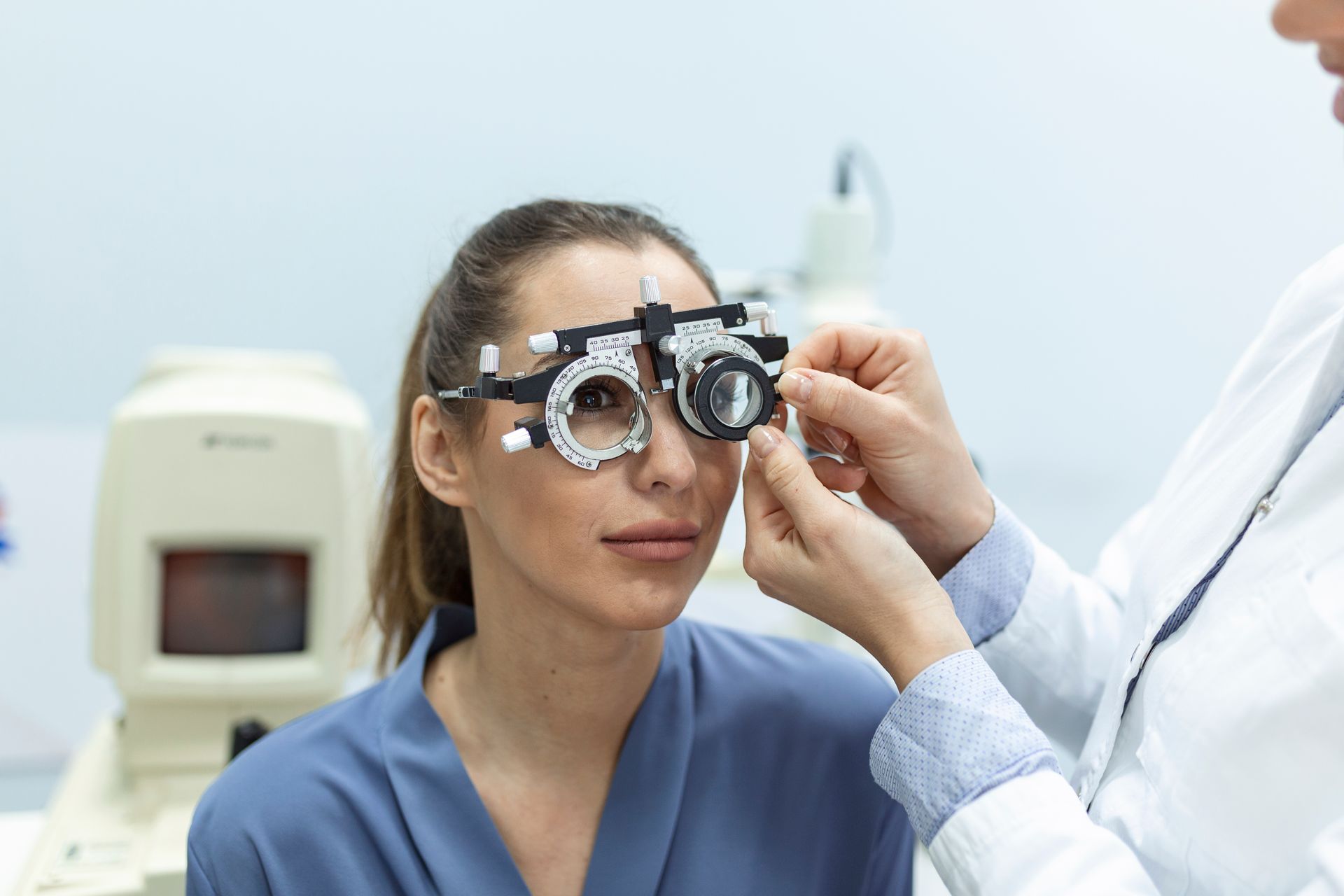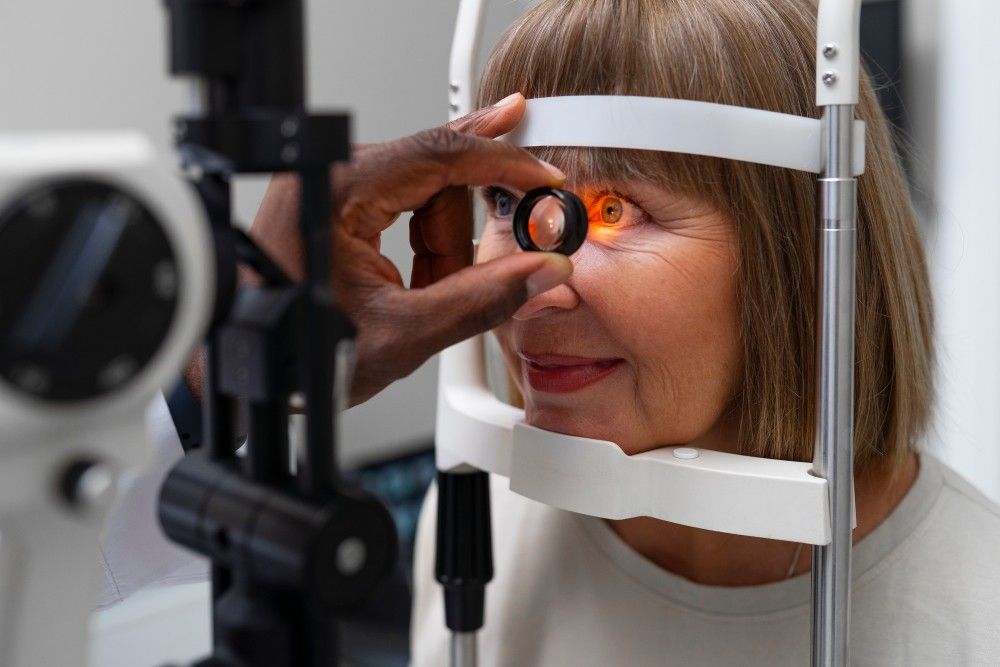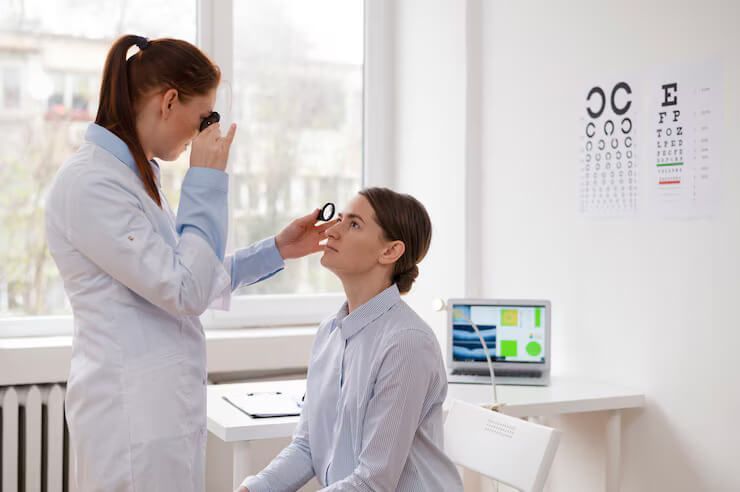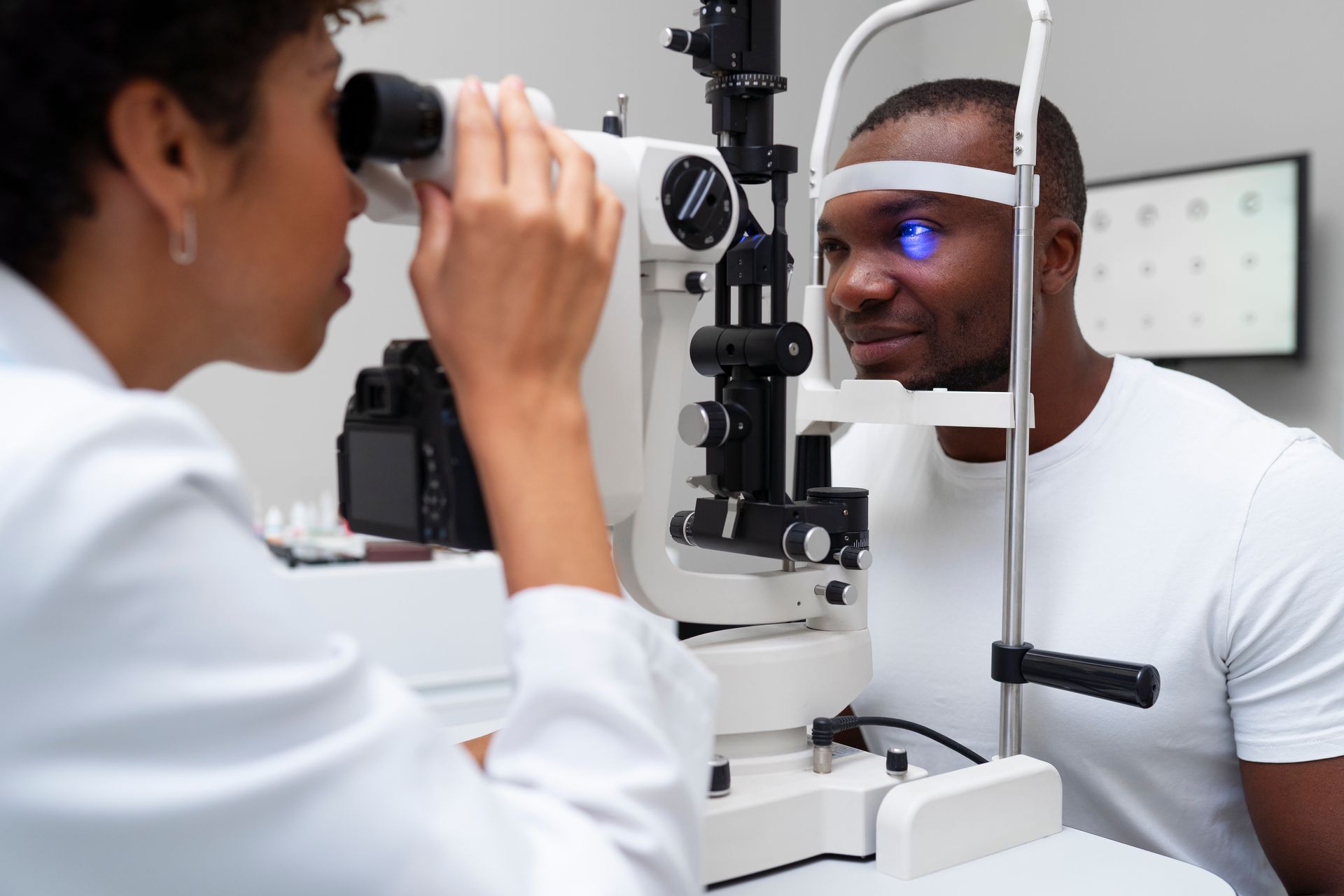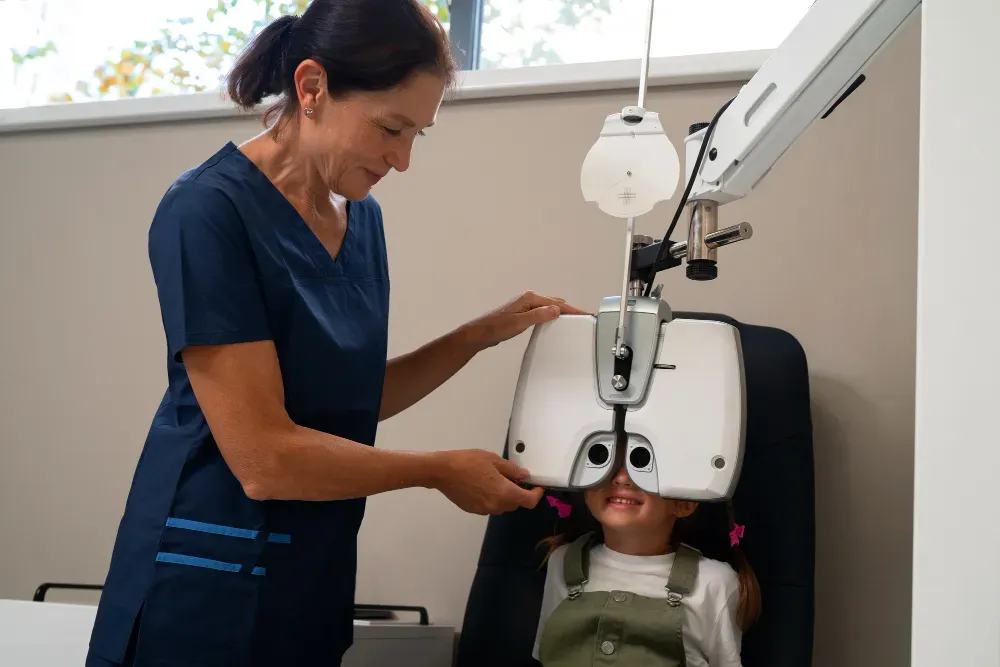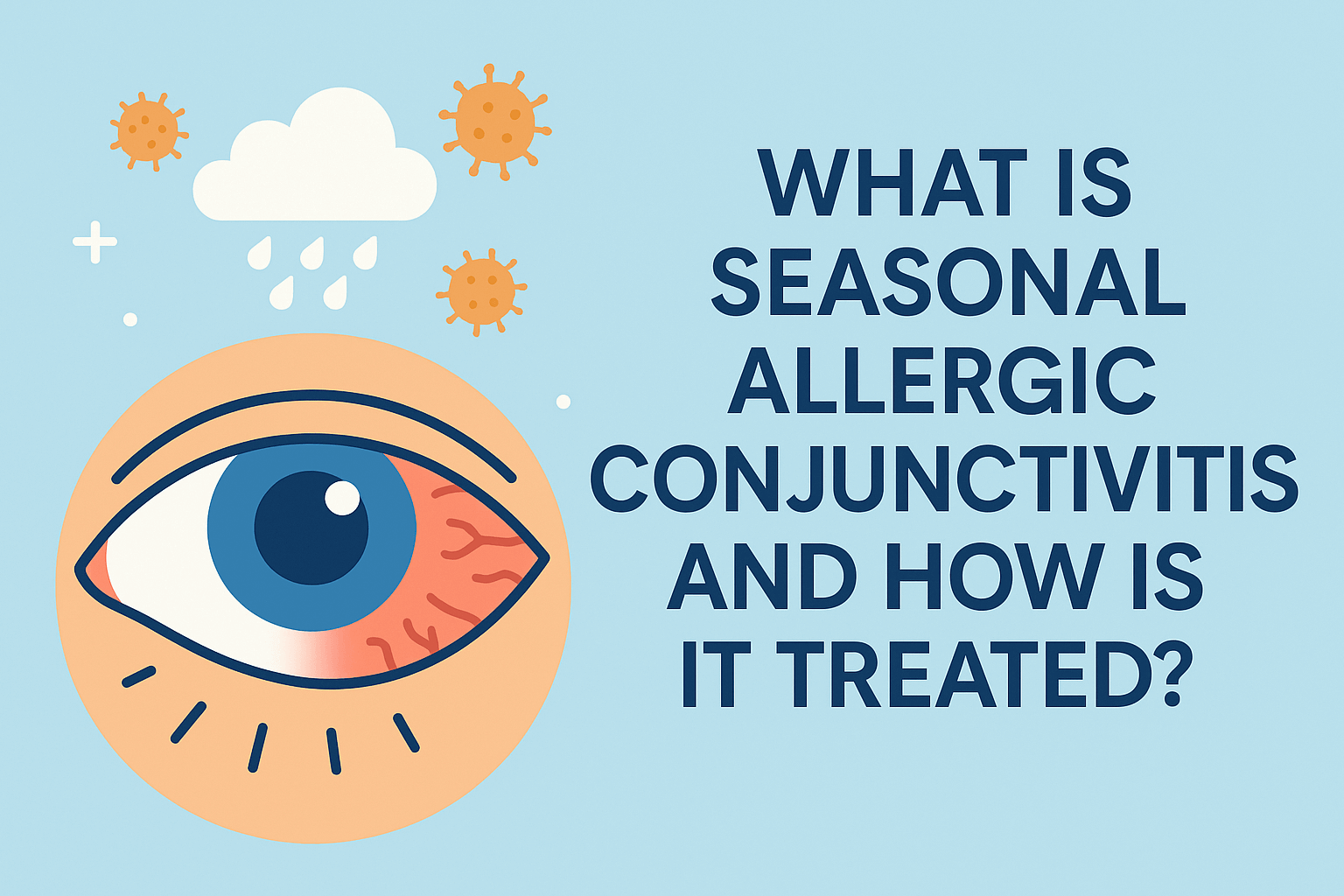Shedding Light on the Warning Signs of Cataracts
Cataracts can significantly hinder vision, affecting daily activities and overall quality of life. Recognizing the symptoms of cataracts is crucial for timely diagnosis and appropriate treatment. In this comprehensive blog post, we will illuminate the various signs and symptoms of cataracts.
By understanding these indicators, you can take proactive steps to address this condition and seek professional help from
Hill Country Eye Center for comprehensive care.
1. Blurred or Cloudy Vision: A Telltale Sign of Cataracts
One of the primary symptoms of cataracts is blurred or cloudy vision. As
cataracts develop, the eye's lens becomes progressively cloudy, leading to hazy vision. Initially, this may cause objects to appear blurry. As the cataract progresses, it can significantly impact your ability to read, watch TV, or perform daily tasks that require clear eyesight. Blurring vision can also be a symptom of other eye conditions, so it's essential to consult an eye care professional for a thorough evaluation.
2. Sensitivity to Light and Glare: Navigating the Bright Discomfort
Cataracts can cause increased sensitivity to light and glare. The clouding of the lens can scatter light entering the eye, leading to discomfort when exposed to bright lights or sunlight. You may find driving challenging at night due to the glare from oncoming headlights or struggle with indoor lighting that seems excessively bright. Wearing sunglasses and using anti-glare coatings on glasses may help alleviate some of the discomfort associated with light sensitivity.
3. Poor Night Vision: The Struggle to See in Low Light
Difficulty seeing in low-light conditions is another common symptom of cataracts. As cataracts progress, they can impair the ability of the eyes to adjust to darkness, making it harder to navigate during nighttime activities. You may notice decreased visibility while driving at night or difficulty discerning objects in dimly lit environments. This can impact your safety and limit your participation in evening activities. Seeking professional help can provide solutions and improve your night vision.
4. Faded Colors and Yellowing Vision: The Diminishing Palette
Cataracts can reduce color perception and result in a yellow or brownish tint to your vision.Colors may appear less vibrant or washed out, impacting your ability to appreciate the world's true hues. The lens changes associated with cataracts can cause a shift in color perception and may gradually affect your visual experience. Consulting with an
eye care specialist can help determine if cataracts cause your color vision changes.
5. Double Vision and Ghosting: Seeing Doubles and Shadows
In some cases of cataracts, double vision or seeing ghost images can occur. Cataracts can cause the lens to become irregularly shaped, leading to the distortion of light entering the eye. This can result in multiple images or shadows appearing, causing visual disturbances. Double vision can affect your depth perception and impact activities such as driving, reading, or watching TV. If you experience double vision or ghosting, it's important to seek professional evaluation to determine the cause and appropriate treatment options.
Schedule An Appointment with Hill Country Eye Center
Recognizing the symptoms of cataracts is crucial for early detection and prompt treatment. If you are experiencing any of these signs,
scheduling an appointment with Hill Country Eye Center for a
comprehensive eye examination is important. Our experienced ophthalmologists will assess your condition, provide an accurate diagnosis, and recommend appropriate treatment options tailored to your unique needs. Don't let cataracts cloud your vision—take control of your eye health and regain clear sight with the help.
